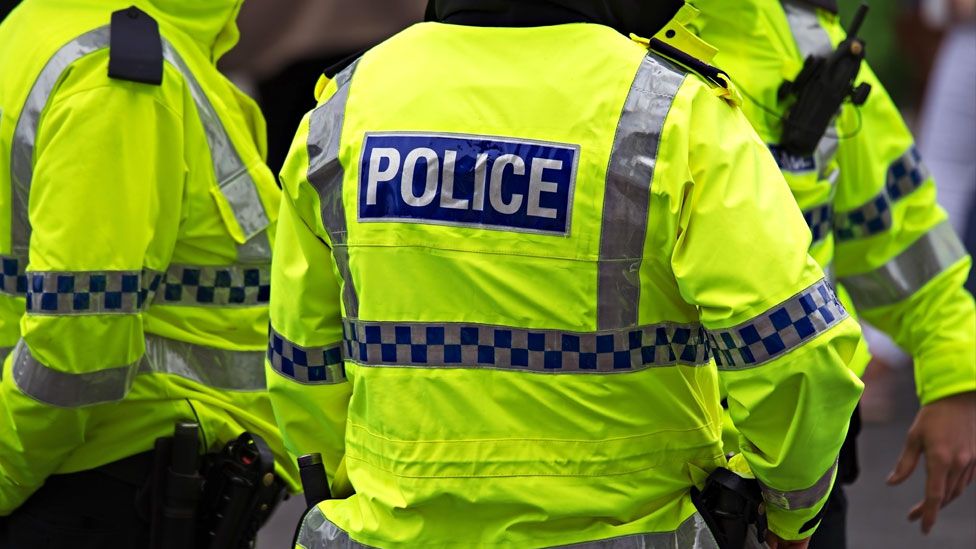
By Sima Kotecha
UK Editor, BBC Newsnight
An initiative to tackle racism in policing in England and Wales is itself facing allegations of racism from some of the ethnic minority staff involved.
The Police Race Action Plan was launched after African-American George Floyd was murdered in the US in 2020.
It aims to help police build better relationships with black communities.
However, BBC Newsnight has spoken to former members of staff who said their perspectives were ignored.
One black person, who asked to remain anonymous, told the BBC they believed people like them were seen as “troublemakers or difficult” for providing their perspectives.
They said: “It was openly questioned if black people were even needed to work on the plan. I increasingly felt my voice and – at times – my lived and professional experience were being ignored.”
The staff member added that they were treated differently to their white colleagues, giving the example of not being offered more support when the workload increased.
The National Police Chiefs’ Council (NPCC) developed the race action plan with the College of Policing.
Published last May, it states: “We accept that policing still contains racism, discrimination and bias. We are ashamed of those truths, we apologise for them and we are determined to change them. We have much to do to secure the confidence of black people, including our own staff, and improve their experience of policing – and we will.”
‘Completely disillusioned’
The NPCC’s chairman and Police Race Action Plan lead, Chief Constable Gavin Stephens, said he was passionate about delivering “an anti-discrimination, anti-racist police service”.
“I take extremely seriously any concerns raised internally or externally about the conduct of anyone within policing. Anyone who carries toxic attitudes – be that racist, misogynist, homophobic or discriminatory – does not belong in policing.”
He added that he had made a commitment that those who trust the police the least should have the most opportunity to influence, “and these experiences will influence how I lead the programme”.
But the BBC has seen documentation that outlines other complaints from people from ethnic minorities involved with the programme, with some questioning the credibility of the plan and its true intentions.
Some said they had felt their negative experiences were discounted because there was a desire to remain positive.
A black former member of the team said the entire process left them “completely disillusioned”.
They explained: “The fact that these behaviours (racism) have been displayed on a programme that set out with the good intention to ‘improve the experience for black people working in or interacting with police’ was perplexing, and left me thinking at times how serious the police were in wanting to make tangible change.”
Andy George, president of the National Black Police Association (NBPA), said members his organisation had supported had outlined areas where they had been marginalised and sidelined within the plan.
“At times, they’ve almost been gas-lit as well around some of the issues,” he said, adding that black people are sometimes made to feel that they are the problem, and that they are loud and challenging.
In May, the man in charge of the strategy retired. Deputy Chief Constable Tyron Joyce – one of the most senior black officers in UK policing – had faced an unrelated allegation of bullying at the unit. He has not commented on this.
In a statement, the NPCC chair, Mr Stephens, told Newsnight: “We will be issuing a refreshed action plan that I am confident will deliver the change in our workforce, and the communities we serve, need and deserve. We must be judged on action and not words.
“I am not aware of any official complaints or allegations relating to racism. However, I am deeply saddened to hear of the experiences expressed in this report. It is a stark reminder of why we must drive change across policing and we are more galvanised than ever to achieve this.”








